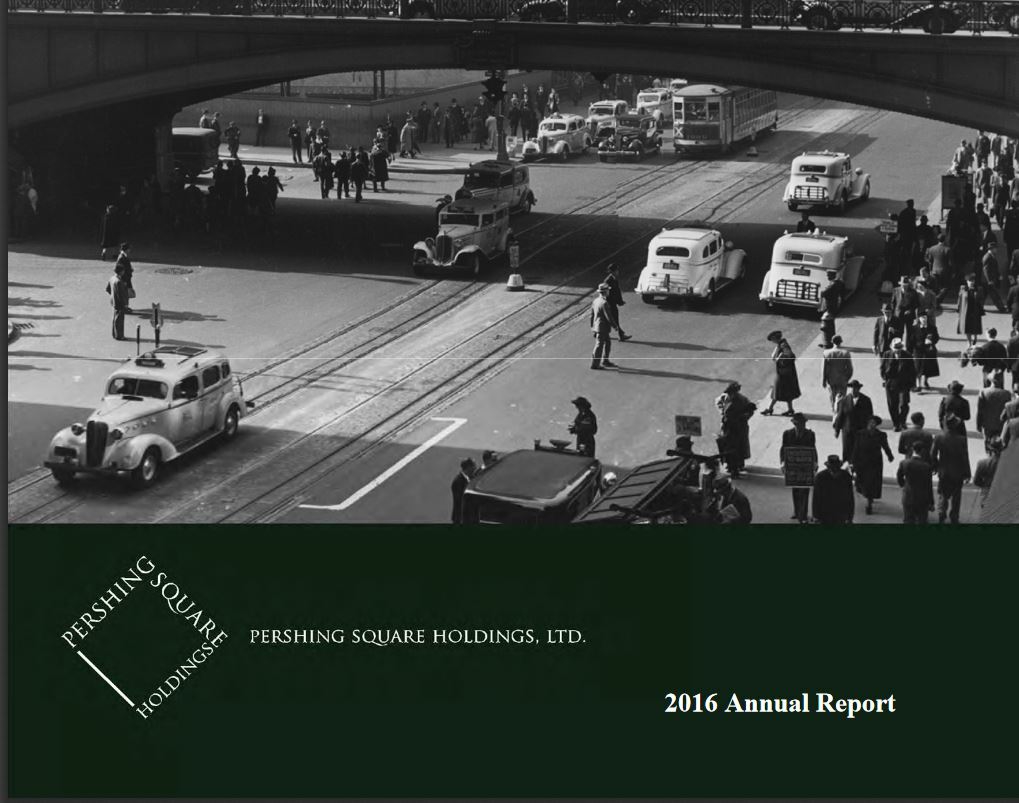Ackman Apologizes for Valeant
 Activist investor and hedge fund manager William A. Ackman made a surprise apology for an investment in Valeant Pharmaceuticals that didn't turn out well. The New York Times reports on an annual letter sent to investors of the hedge fund, Pershing Square Capital Management:
Activist investor and hedge fund manager William A. Ackman made a surprise apology for an investment in Valeant Pharmaceuticals that didn't turn out well. The New York Times reports on an annual letter sent to investors of the hedge fund, Pershing Square Capital Management:
It is rare that William A. Ackman, the brash activist investor, apologizes for anything. As a successful hedge fund manager, Mr. Ackman has made billions of dollars for himself and his investors with bold and counterintuitive bets.
But this week he conceded that his firm's biggest wager yet - on Valeant Pharmaceuticals International - was "a huge mistake" that has cost his hedge fund firm, Pershing Square Capital Management, "a tremendous amount."
Valeant was in the news for drug price hikes, including a drug taken by AIDS patients that increased 5,500% in one day. The stock dropped from $257 in 2015 to $12.11, leaving Ackman's firm with a $4 billion loss.
Here are two significant quotations from the letter:
Clearly, our investment in Valeant was a huge mistake. The highly acquisitive nature of Valeant's business required flawless capital allocation and operational execution, and therefore, a larger than normal degree of reliance on management. In retrospect, we misjudged the prior management team and this contributed to our loss. We deeply regret this mistake, which has cost all of us a tremendous amount, and which has damaged the record of success of our firm.
"My approach to mistakes is that I personally assume 100 percent of the responsibility on behalf of the firm while sharing the credit for our success. While I and the rest of the Pershing Square team have suffered significant losses from this failed investment as we are collectively the largest investors in the funds, it is much more painful to lose our shareholders' money, and for this I deeply and profoundly apologize.
Discussion:
- Why do you think Ackman took this approach in his annual letter? Research the history of Valeant. Why didn't he apologize earlier?
- Read the entire letter. What is the context for the apology, and how well does it fit?
- What principles of an authentic apology, discussed in Chapter 7 of the book, does Ackman's apology demonstrate? Where does it fall short?
